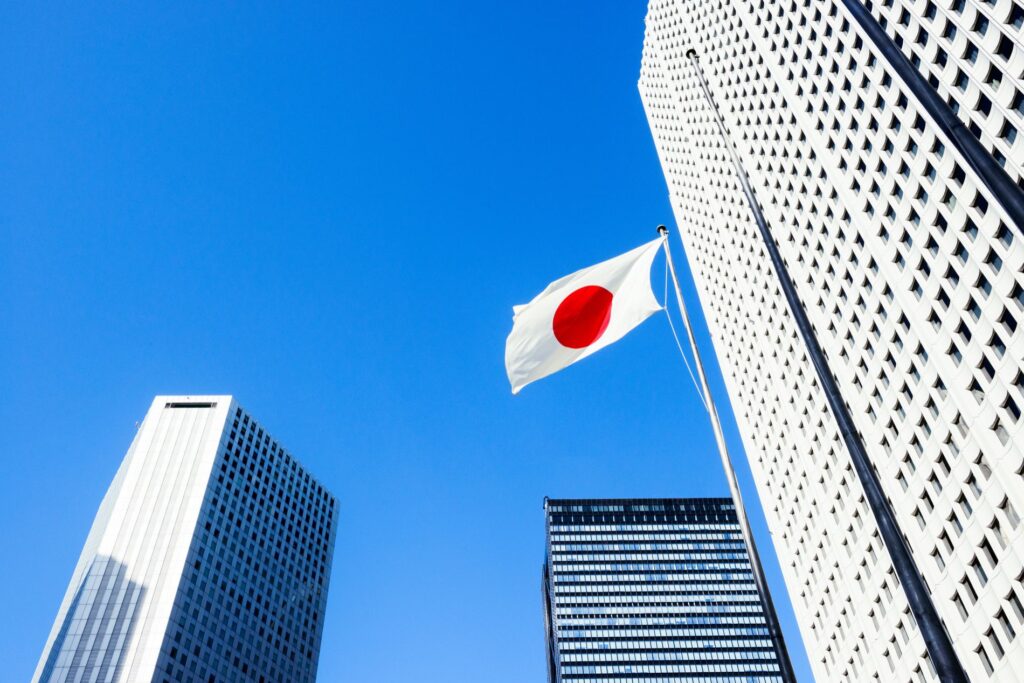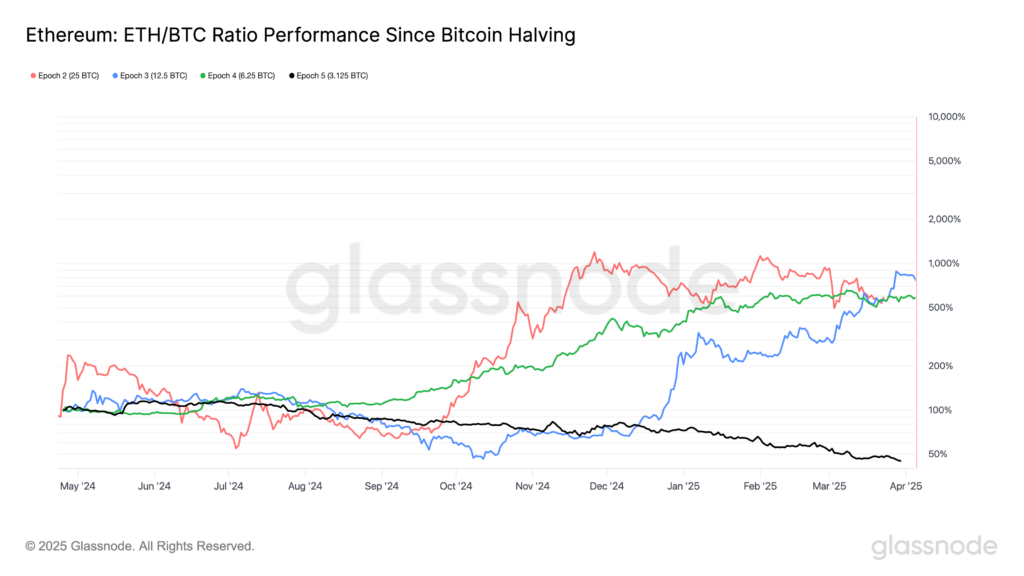Introduction to Regulatory Changes
Japan’s Financial Services Agency (FSA) is taking significant steps to enhance regulatory measures within the cryptocurrency market. According to a recent report by Nikkei, the FSA is contemplating reclassifying cryptocurrencies as financial products. This initiative aims to address the pressing issue of insider trading that has emerged alongside the growing popularity of digital assets.
Strengthening Oversight Amidst Growing Adoption
The proposed reclassification reflects Japan’s commitment to tightening oversight of its cryptocurrency ecosystem. As digital currencies become more widely adopted, instances of fraudulent activities have also risen, prompting a need for robust regulatory frameworks. The FSA’s actions are part of a broader strategy to ensure a secure and transparent environment for cryptocurrency transactions.
Amendments to Financial Instruments and Exchange Act
The FSA plans to submit amendments to the Financial Instruments and Exchange Act (FIEA) to the Japanese parliament by as early as 2026. This proposal follows an extensive review conducted by a group of experts, who have been analyzing the current regulatory landscape for cryptocurrencies. The amendments aim to fill existing gaps in the regulations governing digital assets.
Current Classification and Its Limitations
Currently, cryptocurrencies are classified as a “means of settlement” under the Payment Services Act. This categorization primarily positions them as payment tools rather than investment assets. Consequently, the existing regulatory framework has not adequately addressed critical issues, including insider trading, which has become a significant concern in the evolving crypto market.
Insider Trading Rules: What to Expect
While the FSA’s intentions are clear, specific details regarding the proposed insider trading rules remain undisclosed. Key questions, such as the definition of insider information within the context of cryptocurrencies and the potential penalties for violations, are yet to be clarified. As the proposal develops, further insights into these regulations will be anticipated by stakeholders in the crypto industry.
Conclusion
Japan’s move to reclassify cryptocurrencies as financial products represents a crucial step towards enhancing regulatory oversight and fostering a safer trading environment. As the FSA continues to refine its proposals, the impending changes are poised to have a significant impact on how cryptocurrencies are managed and regulated in Japan. Stakeholders will be closely monitoring the unfolding developments in this vital area of the financial landscape.



